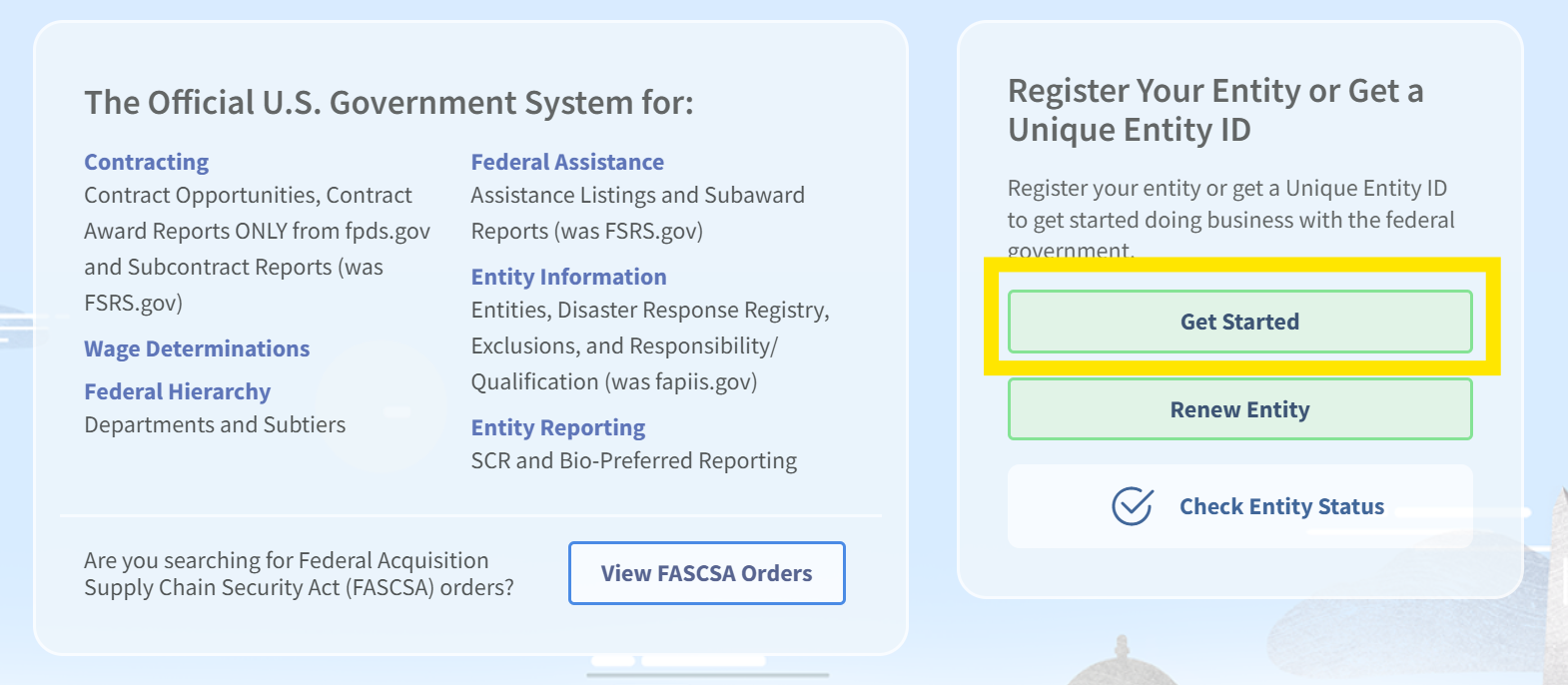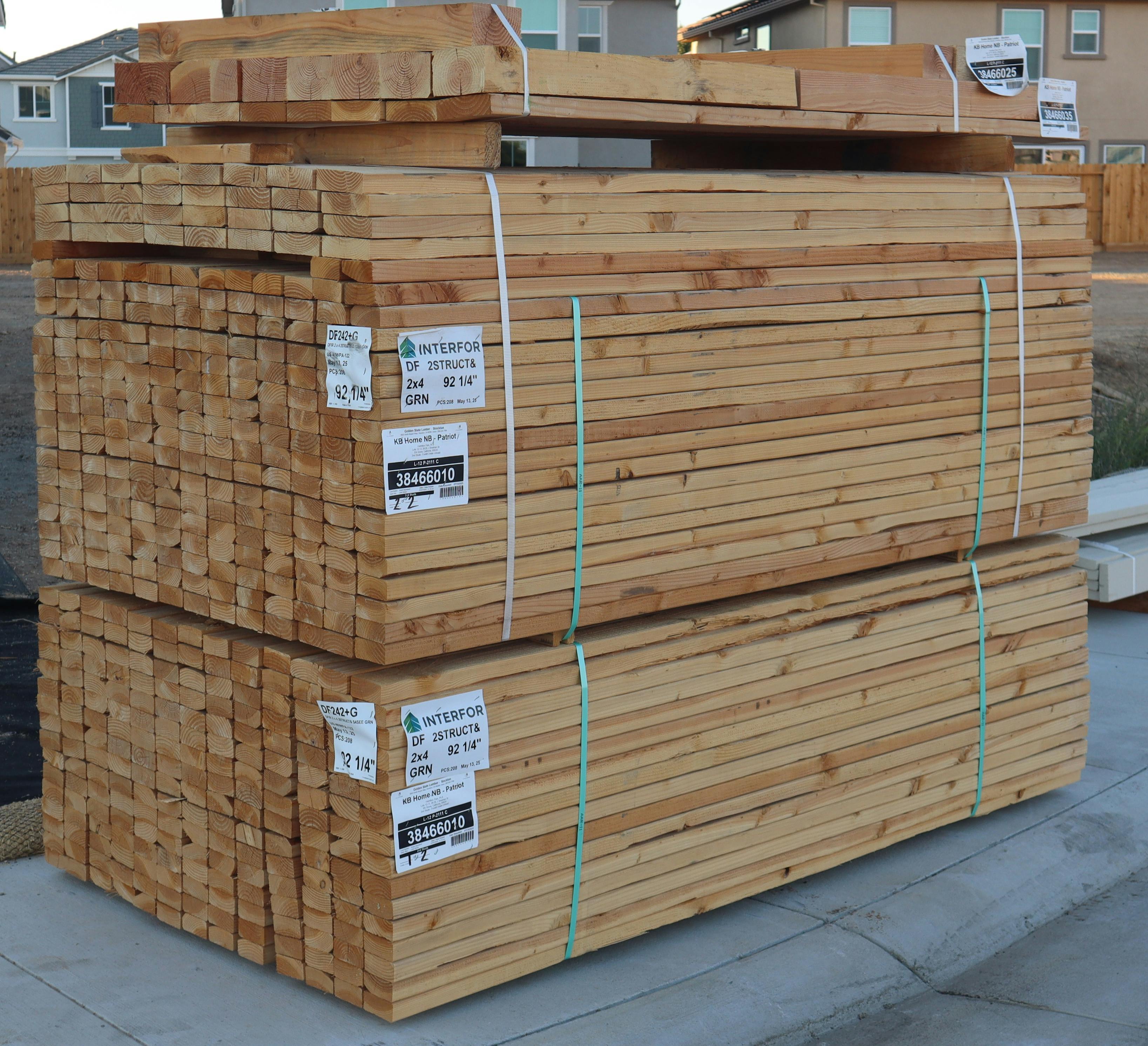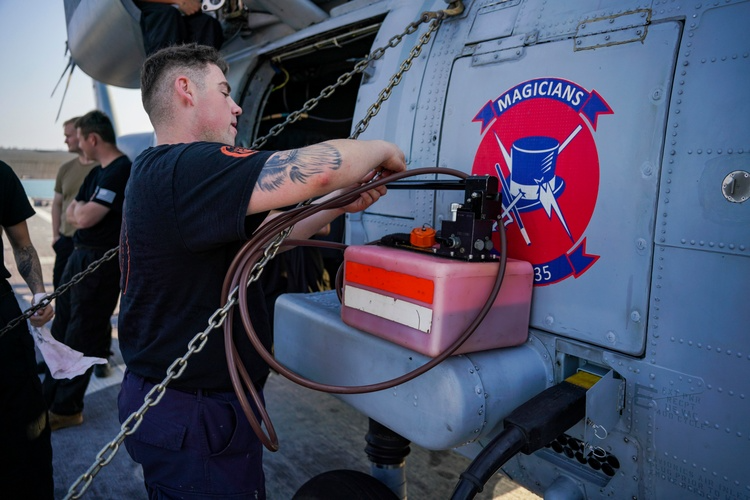How to Win IDIQ Contracts with the DLA: A Supplier’s Guide
In a perfect world, all contracts for services and materials would be perfectly defined with crystal-clear start and end dates, known quantities and requirements, and clearly stated outcomes and target metrics. But it does not always work out that way. Sometimes, and under some circumstances, there are too many unknowns in the initial request to provide a submittal with a definite quantity or outcome.
When these contracts are awarded, they are known as an Indefinite Delivery/Indefinite Quantity contract, meaning there are no clearly defined limits because the buyer (the U.S. government) is unsure of quantities from the outset.
We will examine how to find and win IDIQ contracts for your small business.
Introduction to IDIQ
The Defense Logistics Agency is a huge federal agency tasked with managing the global supply chain for all six military branches. It provides advanced levels of logistical, acquisition, and technical support. In a nutshell, the DLA is the prime support agency for the warfighter, getting whatever they need, from food to fuel, bullets to spare parts, and everything in between.
One area that the DLA deals with extensively is contracts. Now, each branch of the military also handles numerous contracts. However, the DLA is responsible for securing contracts for the DoD's most expendable, consumable, and reparable items.
What Are IDIQ Contracts?
For a broad overview of the different contract types, read our article “Understanding the Categories and Methods of Government Procurement.”
Most contracts in the government are made in absolutes to be met down to the letter. But there are some select circumstances where this is impossible, no matter how you slice it. Here are a few of the more common applications of an IDIQ:
Common Applications
- IT Services and Products: This includes software development, cloud computing, cybersecurity, data center operations, etc.
- Construction: IDIQ contracts are used to build, repair, and maintain facilities.
- Research and Development (R&D): They’re used for projects with uncertain scope or outcomes.
- Advisory and Assistance Services: This includes services like engineering, IT consulting, and project management.
- Supply and Material Procurement: IDIQ contracts can be utilized to procure a wide range of supplies, including equipment, parts, and materials.
- Defense Business Systems: These contracts are utilized for various defense-related purposes, including developing weapon systems, aircraft, and ships.
- Space Systems: This includes technologies and services related to space exploration and satellite systems.
Why IDIQ Contracts are Used
There are a few key reasons why IDIQ contracts are a common contracting vehicle in the U.S. federal government:
- Flexibility: IDIQ contracts allow the government to order supplies or services as needed, eliminating the need to renegotiate the contract each time.
- Cost-Effectiveness: They can be more cost-effective than traditional contracts, allowing for bulk purchasing and competitive pricing.
- Reduced Administrative Burden: IDIQ contracts can streamline the procurement process, reducing the administrative overhead for the government and the contractor.
When purchasing supplies, when the quantity required is unknown, without an IDIQ contract, the buyer would be left having to make an educated guess about quantity and hope for the best. But these can (and frequently do) lead to both over- and under-purchasing.
Overpurchasing ends in waste, either warehoused or ultimately sent to the Defense Logistics Agency (DLA) Disposition office, formerly known as the Defense Reutilization and Marketing Office. Underbuying is just as bad because the buyer must start a new contract to make up the difference.
An IDIQ contract allows the federal customer the latitude to purchase as needed.
The IDIQ Model
There are a few variables in the IDIQ procurement model.
First, there are single-award IDIQ contracts, which are the simplest and most straightforward type of IDIQ contract. A single-award contract is a contract between the federal government and a single vendor. This type of contract allows the government the most significant latitude to set the price. Overall, it is simpler and more streamlined.
Another type of IDIQ is the multiple-award IDIQ, where the same goods or services are contracted to more than one vendor. The benefit here is that the overlap in vendors gives a much higher level of availability in case a single vendor cannot complete the task or provide the requested supplies. Also, the government can ask the small pool of contracted vendors to compete against each other for separate bids.
How the DLA Uses IDIQ Contracts
Now that we know a little more about an IDIQ contract, let’s discuss how the DLA uses it.
As we said earlier, the DLA is responsible for procuring almost all of the military's expendable, reparable, and consumable goods. What does this look like?
- Petroleum, oil, and lubricants
- Aircraft engines and drivetrains
- Hardware (nuts, bolts, screws, washers, AN fittings, etc)
- Seals, gaskets, etc.
This is a tiny piece of the DLA's overall function, but it gets the point across. The DLA procures huge quantities of consumables and expendable materials every year. However, consumable materials requirements vary widely depending on many conditions. Did the fleet shrink or grow? What is the operations tempo like this year? Were many flight hours flown outside of the more normal tempo?
The opposite is also true: when our military goes from a wartime posture to a peacetime one, flying hours will probably be reduced, and aircraft will not fly the same harsh mission profiles as in wartime.
Becoming a DLA Supplier
All right, so you are a vendor and want to sell to the DoD. Awesome! Where do you start?
First, you have to be approved. Like the GSA Schedule, you must be an approved DLA supplier to sell to the DLA.
- Register in SAM:
- All vendors doing business with the federal government, including DLA, must register in SAM.
- You’ll need to get a CAGE code, which is your company's unique ID.
- SAM also gives you a UEI, the federal level’s authoritative identifier.
- SAM registration also includes a financial account that can receive electronic funds transfers.
2. Register in DIBBS:
- DIBBS is DLA’s primary platform for posting solicitations and getting vendor quotes.
- Register with your CAGE code and follow the instructions on the DIBBS website.
3. Additional steps:
- You may also need to register in FedMall, DLA’s e-commerce platform, if you plan to sell office supplies or have specific agreements with DLA.
- Contact local APEX Accelerators for help with registration and navigating the DLA process.
- Use the DLA Vendor Information Hub for more detailed guides and resources.
- For no-bid opportunities, contact the DLA Land & Maritime Business Counseling Center.
Step 1: SAM.gov Registration
Register your business and obtain a UEI (Unique Entity ID). This step is pretty straightforward. Go to sam.gov and start the registration process.

They make it simple enough with the registration button on the homepage.
Step 2: Set Up a DIBBS Account
You will need to set up your SAM.gov account before setting up your DIBBS account because you will need your UEI to register. Once you have your UEI, it is simple.
Step 3: Compliance and Readiness
The DLA wants to know that they are giving access to reliable vendors, so they will ask for financials and past history. Also, you need to keep detailed records of your past and current contracting history.
Finding and Winning DLA IDIQ Contracts
IDIQ contracts are located in the same places as fixed contracts, but you need to look for them. Understanding your ideal customer profile will go a long way in winning contracts, too. If you specialize in sourcing XB3/expendable aviation and aerospace products, then you need to look at military aviation branches where these contracts are.

As for winning, the process is very human. Be reliable. Have a proven track record of reliability and delivering what you promised. Get to know people in government procurement and contracting offices that are your ideal customers. Meet them at trade shows and other events, and tailor your efforts to those customers.
Final Thoughts
Winning any contract with the DLA is a big deal, and IDIQ contracts can be particularly good for vendors since they can be scaled up easily. However, before you start bidding at SAM.gov, it's essential to understand how the process works. Additionally, you must be registered and approved to sell there, which requires some effort. Thankfully for you, that registration process also eliminates a lot of competition.
Make sure to check out our other articles on contracting topics with the federal government! Also, Greenwood Aerospace is AS9120B certified and is registered in the System for Award Management (SAM), which allows us to be identified by contracting officers as eligible to receive HUBZone contracts.
Greenwood Aerospace is a U.S. Department of State ITAR-registered company, enabling us to partner with large defense contractors on various military initiatives involving the export of ITAR-controlled items.
- UEI: KVSUYYSJS174
- DUNS: 604006874
- Cage Code: 2Y735
- ITAR DDTC Export Compliant
- AS9120B QMS Certified
- NAICS: 488190, 336413, 332722, 336411, 336413, 481212, 532411


.svg)
.webp)

.webp)


